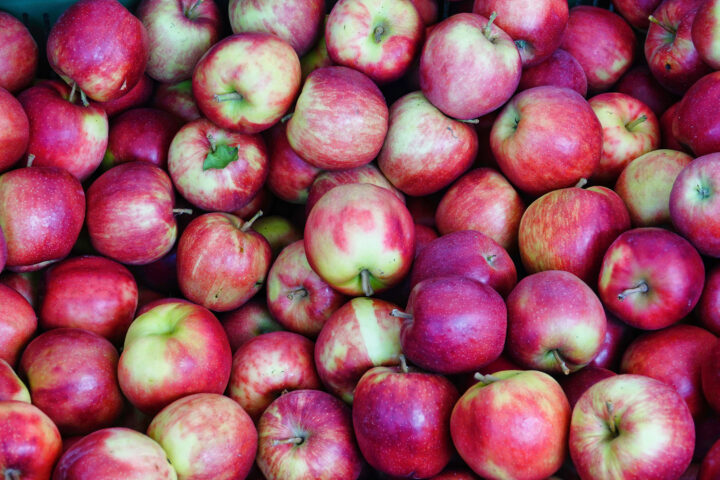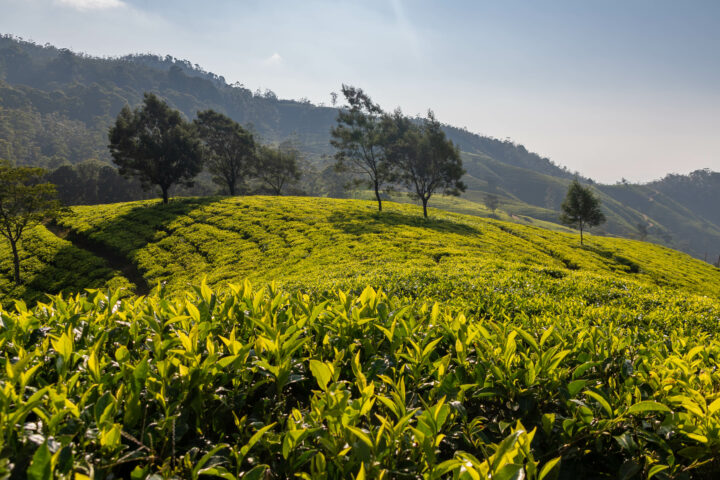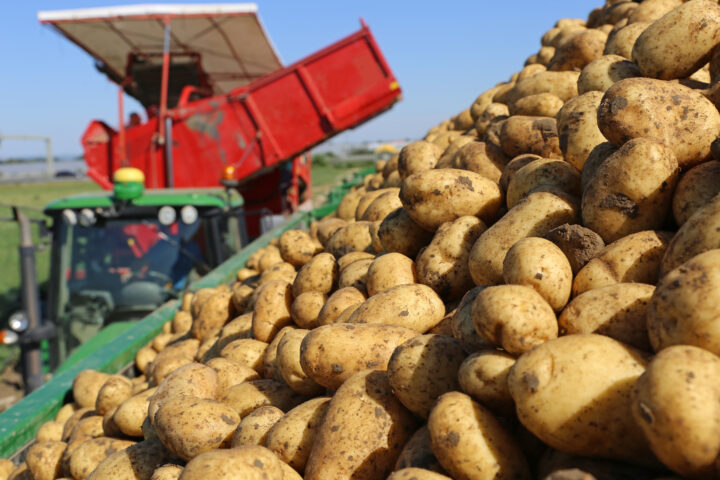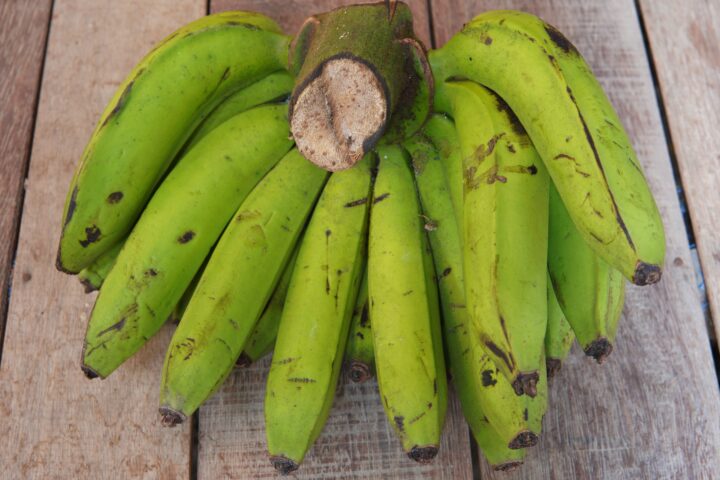
Wheat production: Heat wave in India exacerbates global supply situation
South Asia is currently being hit by an exceptional heat wave. This is threatening the harvests of many farmers. India has therefore imposed an export ban on wheat. The country is the second largest producer of wheat in the world. This is likely to exacerbate the already tense situation on the agricultural markets caused by the war in Ukraine.
Thursday, May 12, 2022
India is in the grip of an unprecedented heatwave. According to SonntagsZeitung, the country experienced the hottest March for 122 years – in other words, since records began. And temperatures have remained high. Many states in India are seeing daily temperatures of 45 degrees or more. It is unusually early in the year for this. Normally, the highest temperatures are recorded during May or June. On top of this, many are experiencing extreme droughts. The north-west of the country saw 72 percent less rainfall than usual. And on the border with Pakistan, there was as much as 89 percent less precipitation.
Fifty percent of the Indian population affected as farmers
These unusually high temperatures are caused by weather phenomenon La Niña. As atmospheric scientist Raghu Murtugudde from the University of Maryland explained to SonntagsZeitung, this phenomenon prevents the influx of moisture and the pre-monsoon rains. Climate change also has a role to play in this heatwave. Between 1960 and 2009, the average temperature in India increased by 0.5 degrees Celsius. This increases the likelihood of heatwaves occurring. The situation is most serious for farmers. Over half of India’s population rely on agriculture for their livelihoods. In many areas, there are shortages of water. The states of Uttar Pradesh, Haryana and Punjab are reporting significant losses to their wheat harvests.
Wheat supply situation already tense due to Ukraine war
Freelance journalist Natalie Mayroth sums up the problem for SRF: “Because it is getting hotter more quickly, the fruits are smaller as they ripen earlier. Farmers have to ensure that their crops don’t dry up.” The NZZ also writes that we are seeing the first indications that farmers in northern India will lose around half of their harvests. This will mean that India, as the second largest producer of wheat, will be able to export less of the crop. The situation on global markets is already tense as a result of the war between Russia and Ukraine. This is because these two countries – who are among the largest wheat producers – will also be able to export significantly less wheat this year. Food prices are threatening to rise dramatically. In the past, various countries imported almost all their wheat from Russia or Ukraine. This means the poorest in many countries in North Africa and the Middle East could go hungry. India is now also affected by crop failures and is no longer a viable alternative for wheat imports.
India stops wheat exports
As the German paper "agrarzeitung" writes, the situation is so tense that the Indian government has decided on an export stop for wheat. However, India is sticking to the previous export agreements. Exports are still possible to countries that use them to ensure their food safety. For countries like Egypt, for example, these exemptions are essential for survival. The country immediately ordered 500,000 tonnes of wheat from India. Despite the exemptions, the announcement of the export stop led to another price shock on the agricultural markets. As the newspaper "20 Minuten" reports, the price of a ton of wheat has meanwhile risen to almost 440 euros. In mid-February, shortly before the Russian invasion in Ukraine, the price was still around 250 euros per ton.
Sources
Related articles

Where the focus lies in apple breeding
The new head of Agroscope's fruit breeding research group is Andrea Patocchi. In an interview with the trade journal Obst + Wein, he explains where the focus of apple breeding lies today.

Chinese robot picks tea
There is a shortage of tea pickers in China. A robot developed by a researcher is set to remedy the situation and take over the work in future. Thanks to artificial intelligence, the machine can even recognise the shoots of the tea plant. The first harvesting robots are also already being developed in Switzerland.

Potato farmers want robust varieties
As the use of pesticides is to be massively reduced, the potato industry now wants to focus on more robust varieties. The industry has even concluded a target agreement with the federal government. This is ambitious: By 2040, robust varieties are to thrive on 80% of potato cultivation areas.

How genetic engineering is saving the Cavendish banana
The most popular banana variety - the so-called Cavendish banana - could soon disappear due to a persistent fungus. Australian researchers have developed a solution based on genetic engineering.

